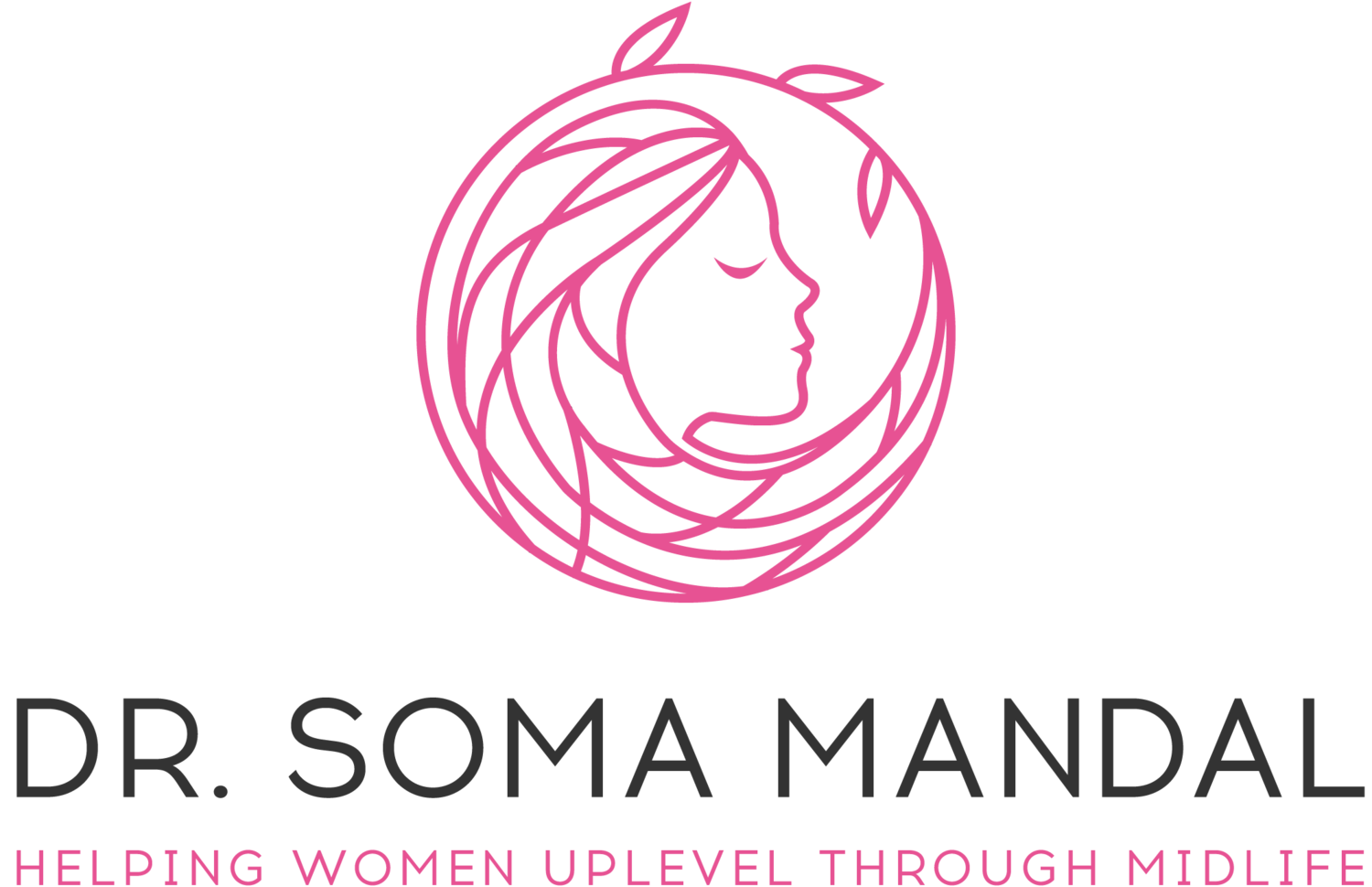Sleep Hacks for a Restful Night's Sleep
It’s time to get your ZZZ’s, but what’s a person to do if they have trouble sleeping? Here are a few sleep hacks that I recommend:
Consistent Sleep Schedule: Encourage patients to maintain a consistent sleep schedule. Going to bed and waking up at the same time every day can help regulate the body's internal clock and improve sleep quality.
Limit Daytime Naps: Long daytime naps can interfere with nighttime sleep. If a nap is necessary, advise patients to limit them to 20-30 minutes and to take them in the early afternoon.
Physical Activity: Regular physical activity can help individuals fall asleep faster and enjoy deeper sleep.
Create a Restful Environment: A dark, quiet, and cool environment can promote better sleep. Suggest the use of room-darkening shades, earplugs, a fan, or a white noise machine to create a more conducive sleep environment.
Avoid Stimulants: Advise patients to avoid caffeine, nicotine, and alcohol close to bedtime. These substances can interfere with sleep.
Mindful Eating: Eating heavy meals close to bedtime can lead to discomfort and indigestion, disrupting sleep. Recommend eating light meals in the evening and avoiding spicy or fatty foods.
Limit Electronic Use Before Bed: Light from screens can interfere with the production of the sleep-inducing hormone melatonin. Encourage patients to turn off electronic devices at least an hour before bedtime.
Stress Management: Stress and worry can interfere with sleep. Techniques such as meditation, deep breathing, or yoga can help manage stress and promote better sleep.
Bedtime Routine: A relaxing routine before bedtime can signal the body that it's time to wind down and go to sleep. This could include reading a book, taking a warm bath, or listening to calming music.
In addition, I recommend certain supplements for people who continue to have difficulty sleeping despite making adjustments. These supplements include:
Melatonin: this can help regulate sleep-wake cycles. This is a natural hormone that the human body produces in response to darkness. People who have trouble falling asleep or adjusting to a new sleep schedule can benefit from taking it.
Magnesium, specifically magnesium glycerinate. This mineral plays a role in supporting deep, restorative sleep by maintaining healthy levels of GABA, a neurotransmitter that promotes sleep.
Valerian root: a herb used for symptoms of anxiety, depression, and menopause. It is also commonly used to treat insomnia.
Lavender: used in aromatherapy for its calming and sedative properties. Can be helpful for people who have anxiety and insomnia.
Chamomile: chamomile tea is regarded as a mild tranquilizer and can help induce sleep
B-vitamins: particularly B6, B9 and B12 can help regular tryptophan, an amino acid which helps produce sleep-promoting melatonin
Lastly, but not least, I recommend using apps like “Calm”. There are great programs that can help you go to sleep and then go back to sleep if your sleep is disrupted. Calm is great for people who suffer from anxiety and can use a quick meditation to help calm their nerves.






